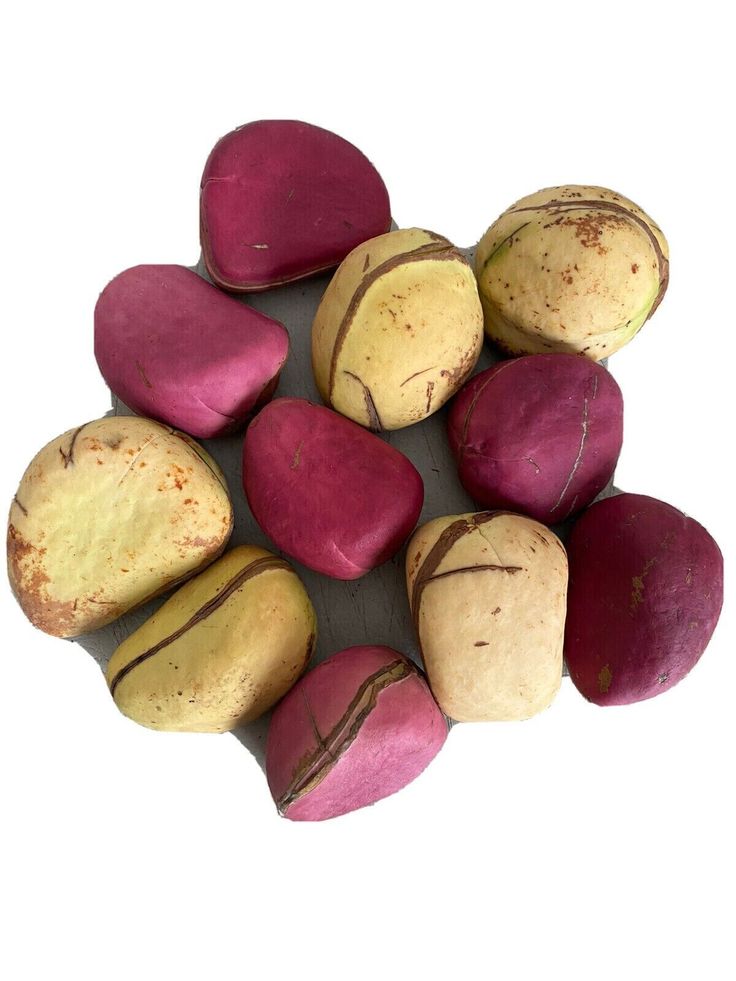What it is
Tiger nut (Cyperus esculentus), also known as earth almond or chufa, is a small edible tuber that grows underground. Despite being called a “nut,” it is technically a tuber with a nutty, sweet flavor. Tiger nuts are nutrient-dense, rich in fiber, healthy fats, plant protein, vitamins (E, C, B-complex), and essential minerals (magnesium, phosphorus, potassium, calcium, iron, and zinc).
They are traditionally eaten raw, roasted, or processed into tiger nut milk (Horchata de Chufa), flour, or oil. Because they are naturally gluten-free, lactose-free, and nut-free, tiger nuts are in high demand in the health food, dairy alternative, and snack industries.
What export of it is
The export of tiger nuts involves:
-
Harvesting: Carefully uprooting mature tubers from the soil.
-
Cleaning: Washing and removing soil, stones, and impurities.
-
Drying: Sun-drying or mechanically drying to reduce moisture for safe storage.
-
Grading: Sorting by size, color, and quality.
-
Packaging: Packed in sacks, cartons, or retail packs depending on the target market.
-
Logistics: Exported either as whole dried tiger nuts, processed flour, oil, or milk extracts.
Exporters must ensure the product meets international food safety standards (HACCP, ISO, Organic certifications where applicable).
Specifications for Export
| Feature | Specification |
|---|---|
| Product Name | Tiger Nut (Cyperus esculentus) |
| Form | Fresh, dried, flour, oil, or processed milk powder |
| Size | 0.5–1.5 cm diameter |
| Moisture Content | ≤ 10% (dried form) |
| Impurities | ≤ 1% (clean, washed, free from stones, dirt, and foreign matter) |
| Color | Light brown to golden brown |
| Odor & Taste | Nutty, sweet, coconut-like flavor |
| Nutritional Content | High fiber (33%), healthy fats (25%), protein (8%), Vitamin E, magnesium |
| Shelf Life | Fresh: 4–6 weeks (refrigerated) / Dried: 12–24 months |
| Packaging Options | 25kg / 50kg polypropylene bags, cartons, vacuum-sealed pouches |
| Storage Condition | Dry, cool place, well-ventilated, free from pests |
| HS Code | 0714.90 – Other roots and tubers with high starch or inulin content |
Uses of Tiger Nut
-
Food & Beverages
-
Tiger Nut Milk (Horchata): Dairy-free, lactose-free alternative.
-
Flour Production: Gluten-free flour used in baking breads, snacks, and pastries.
-
Healthy Snacks: Consumed raw, roasted, or ground into snack bars.
-
Oil Extraction: Used as a cooking oil and for cosmetic applications.
-
-
Nutritional & Health Benefits
-
High in dietary fiber, supports digestion and weight management.
-
Rich in antioxidants and Vitamin E, supports skin and heart health.
-
Contains arginine, which supports blood circulation and cardiovascular health.
-
Suitable for vegan, gluten-free, and paleo diets.
-
-
Industrial & Cosmetic Uses
-
Tiger nut oil is used in cosmetic formulations (skin moisturizers, lotions, soaps).
-
Nutraceutical companies use tiger nut flour and oil in health supplements.
-
Packaging & Export Form
-
Whole Dried Tiger Nuts: Most common form for export.
-
Tiger Nut Flour: Exported in retail packs or fiber drums.
-
Tiger Nut Oil: Packaged in bottles or bulk drums for cosmetics and food use.
-
Tiger Nut Milk Powder: Exported for instant beverage production.
Packaging materials include:
-
Polypropylene bags (25kg / 50kg) for bulk buyers.
-
Cartons & pouches for processed products.
-
Vacuum-sealed retail packs (250g – 5kg) for supermarkets and specialty stores.
Market Demand & Export Potential
-
High Demand Regions: Europe (Spain, UK, Germany), North America (USA, Canada), Middle East, and Asia (Japan, South Korea).
-
End-Users: Health food companies, dairy alternative producers, snack manufacturers, cosmetic industries.
-
Market Trend: Increasing demand due to rising veganism, lactose intolerance, gluten-free diets, and preference for natural superfoods.
-
Export Advantage: Tiger nuts are positioned as a superfood, commanding premium prices in organic and health-focused markets.
Export Documentation Required
-
Commercial Invoice
-
Packing List
-
Certificate of Origin
-
Phytosanitary Certificate
-
Health Certificate (where required)
-
Bill of Lading / Airway Bill
-
Export License / Organic Certification (for premium markets)
Tiger nut is a fast-rising superfood in global markets, and exporters who invest in quality control, proper packaging, and value-added processing can tap into lucrative opportunities in the health, food, and cosmetic industries.






